Corporate sustainability means adopting "green practices in the company", a series of organizational / managerial tools and structures aimed at reducing the impact of the company's activity on the ecosystem and implementing a strategy oriented towards environmental sustainability. More specifically, these main areas of activity are:

The company has established a simplified recovery exercise of the raw waste materials. This is useful to recover any non-conforming waste of materials that would be discharged, transforming them again into secondary raw material for a reintegration in the production system. The costs of these operations are high, but the company has decided to follow this path because it believes in a policy of environmental respect. We obtained a certificate from local environmental administration in order to work with the regeneration of plastic products. This gives us permission to recycle plastic waste and give it a new life. With such a process we avoid dispersion of plastic waste in our environment.
This certification (AUA num.2235 del 20/11/2015) assures the respect of all environmental procedures, such as atmospheric emissions, acustic impact and above all the recocery of non dangerous plastic wastes. In addition, investments were made in the purchase of machinery suitable for recycling (which is in the activation phase) for the recovery of solvents, in order to avoid having to rispose of them and reducing waste and consumption of the new product. The company is also applying this mentality to some waste codes such as the rags it uses for the maintenance and cleaning of the systems, which instead of being disposed of in the environment as a waste code, are washed by appointed companies and recovered. The costs of these operations are high, but the company has decided to follow this path because it believes in a policy of respect for the environment.
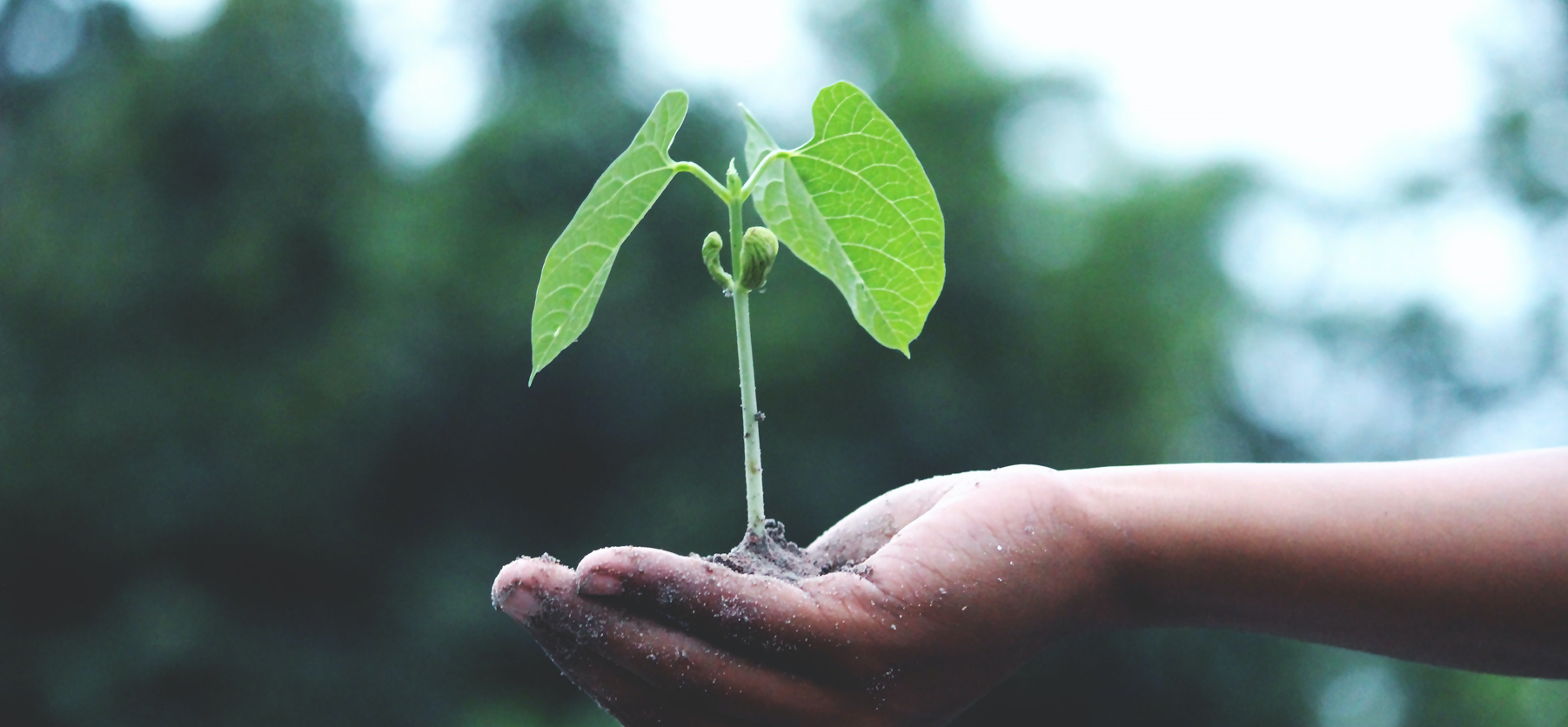
The management of waste is seen not only as a necessary attention to disposal, but also as an opportunity to optimize production processes in order to minimize them and their possible recovery.
The company is aware of the need to optimize an intelligent use of recycled materials in its supply chain to ensure a lower environmental impact. For this reason Polimor makes use of packaging suppliers who are already able to supply some products (such as plastic packaging), made up of at least 30% recycled material. The company's packaging policy provides for the optimization of volumes and ease of separation, which can be easily identified, sorted and disposed of.
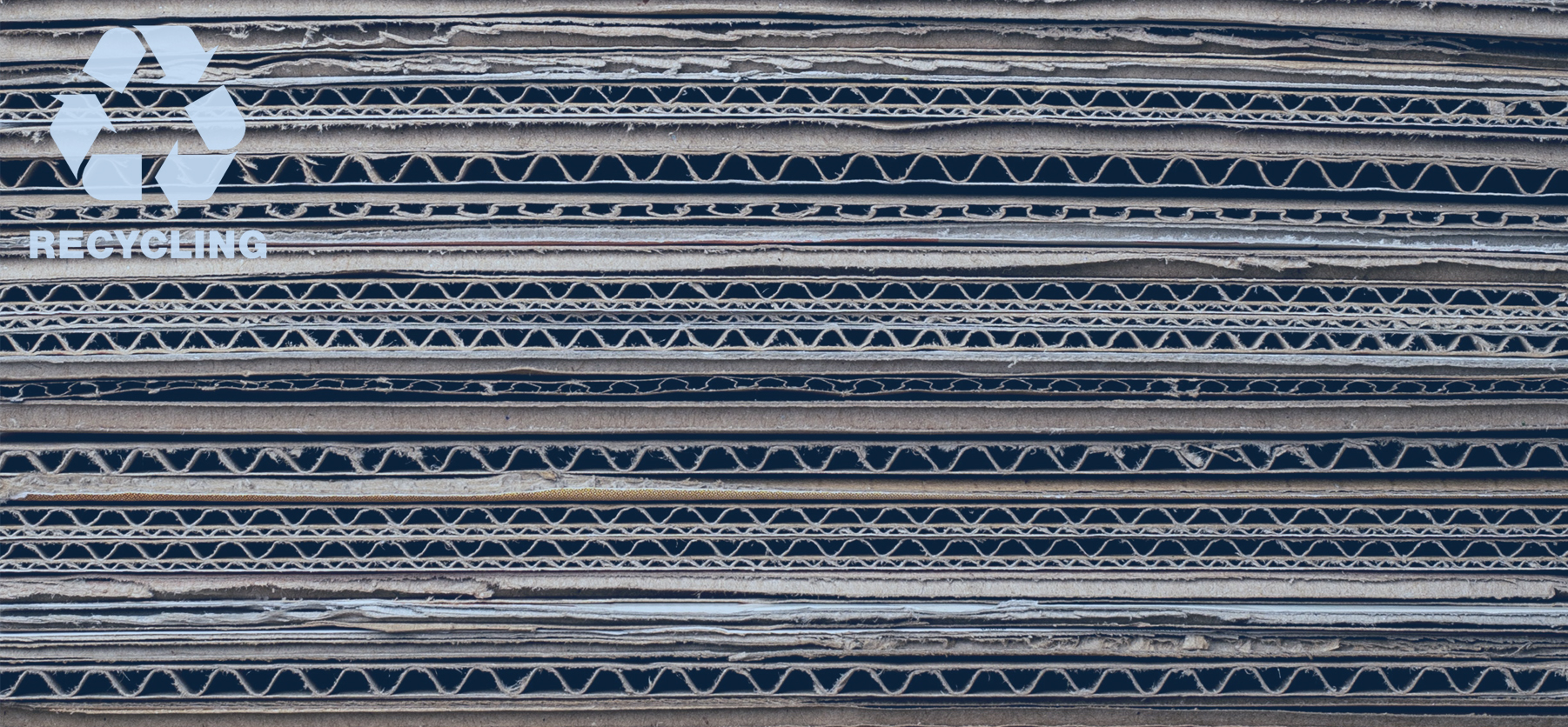
Sustainability starts from product conception: this is why when the company creates a new product it already thinks about how it will be disposed of. Even in the mold design phase, we think about how to contain the size of its waste pieces, to optimize the management of production waste.
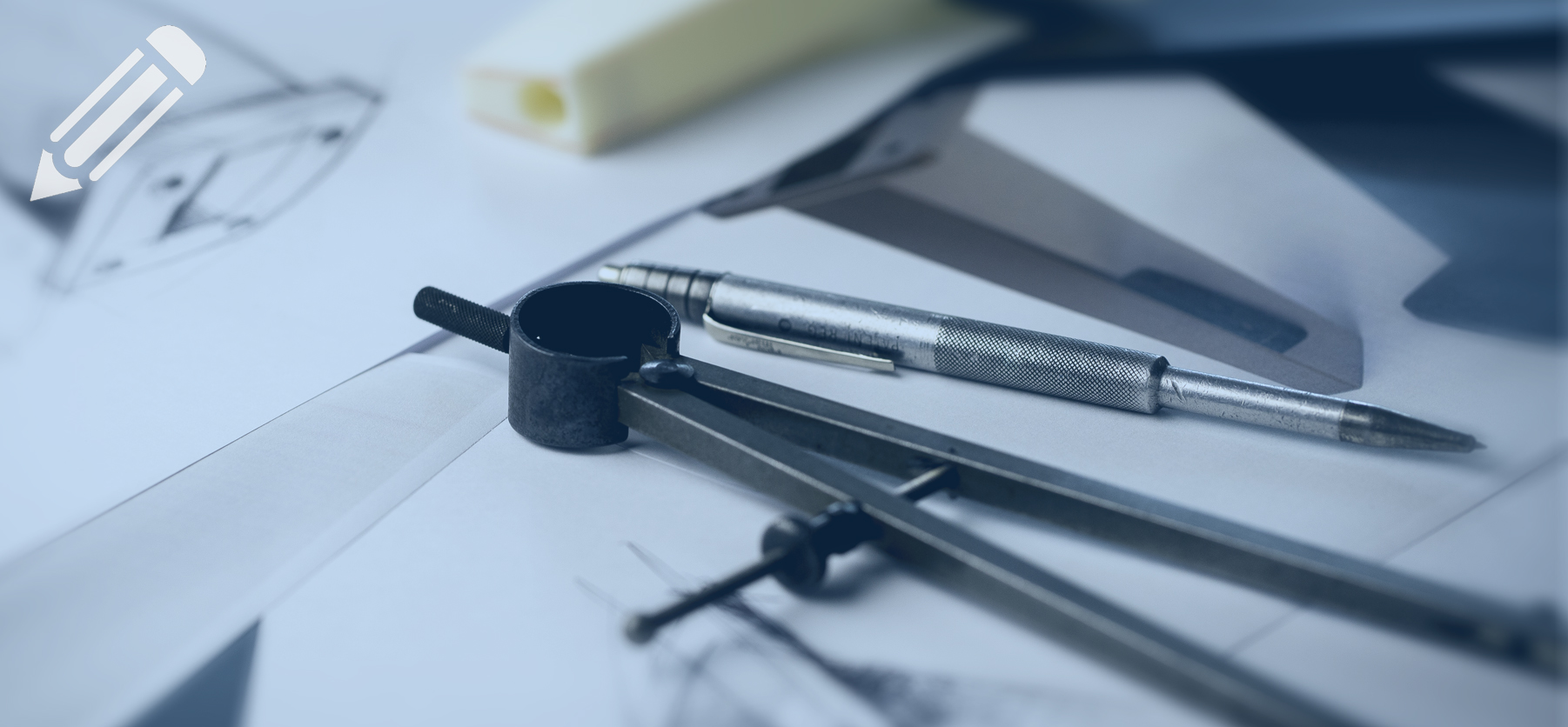
The company takes care to keep its plant fleet always efficient and always up-to-date. Periodically, the company invests in machines for the production of compressed air, refrigeration systems, injection presses that are replaced with more up-to-date and high-efficiency systems.
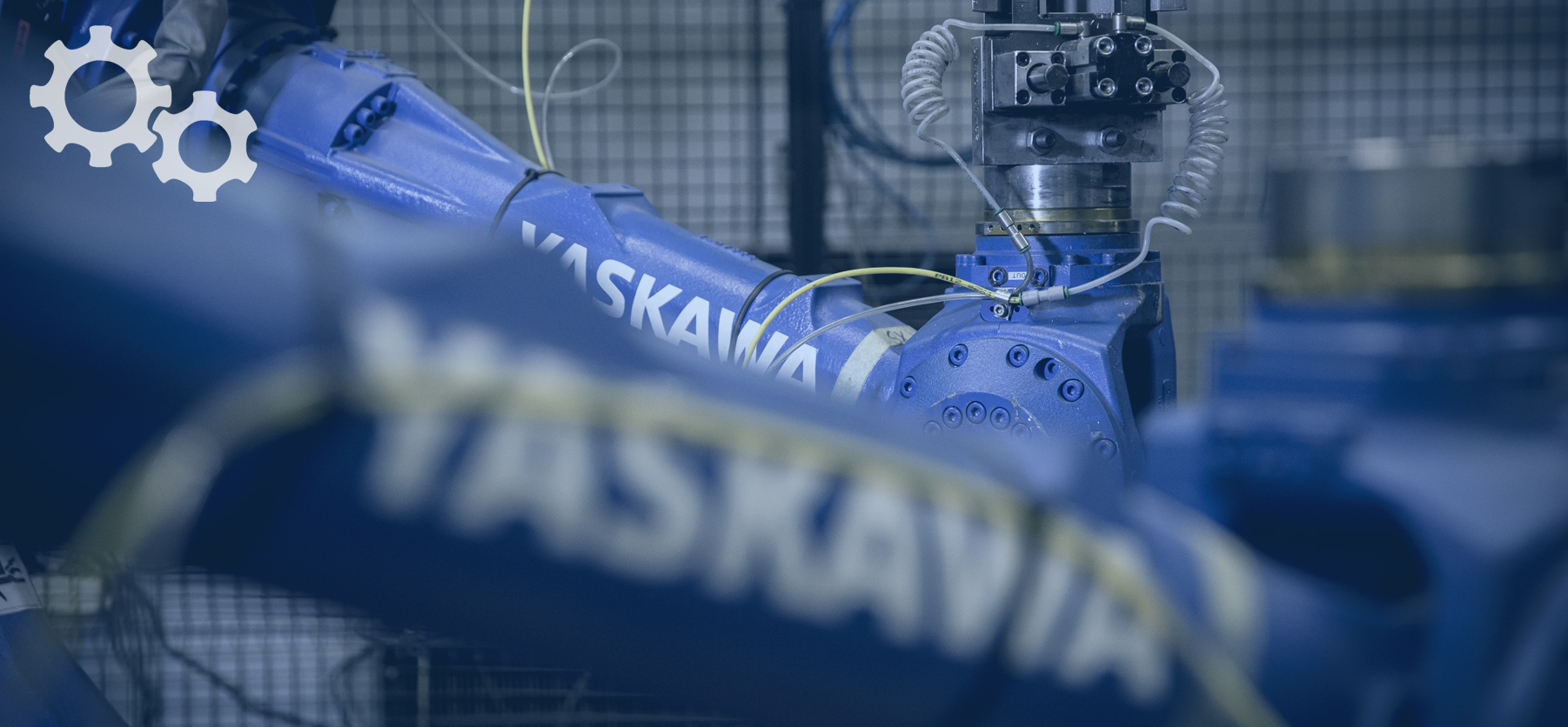
In addition to the measures taken for the periodic monitoring and control of its emissions into the atmosphere for which it has a regular authorization (AUA no. 2235 of 11/20/2015), to progressively reduce CO2 emissions in the air, the company is adding hybrid or fully electric molding machinery, with a consequent containment of CO2 emissions into the atmosphere, and cost containment.
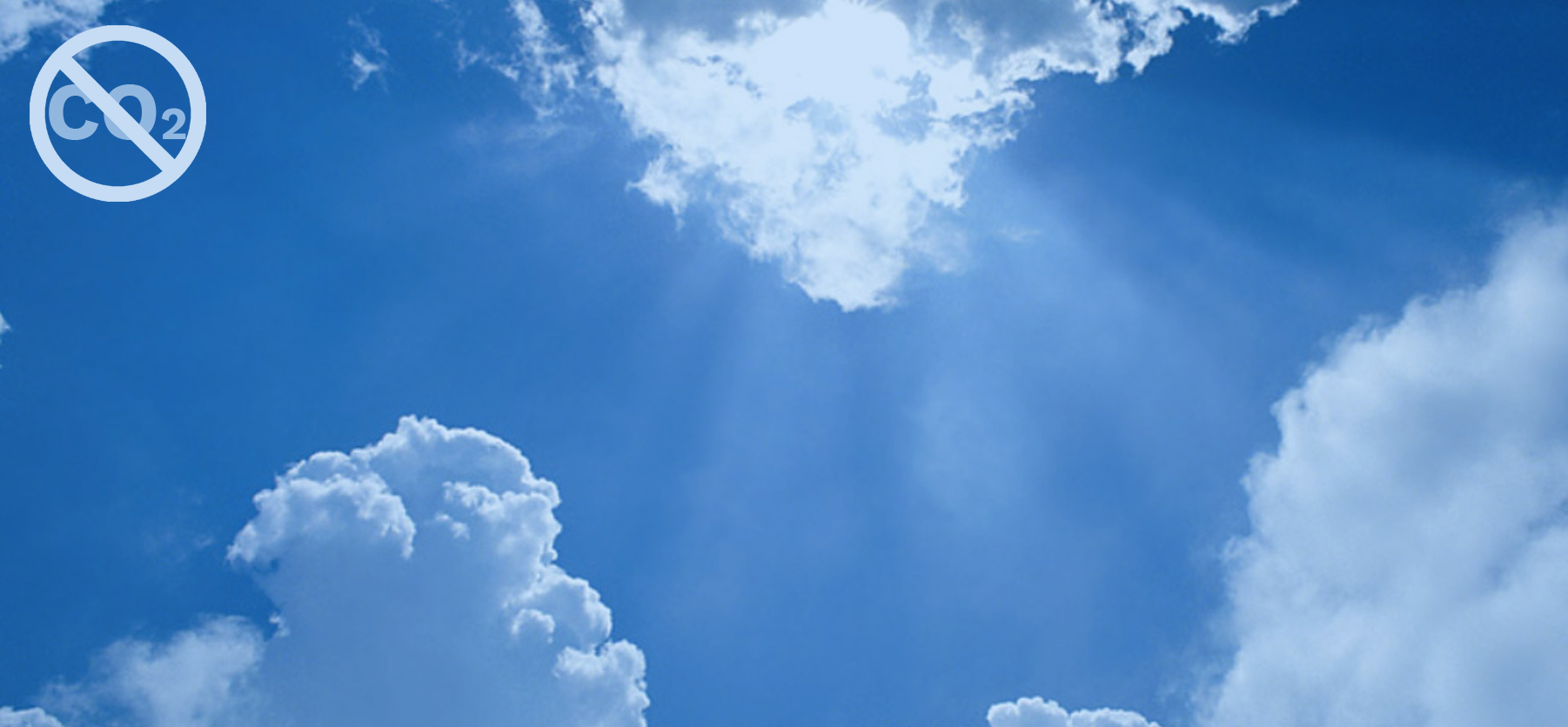
Polimor as «Downstream Producer» verifies that the technical and safety documentation on the raw materials it transforms is always up-to-date and in line with the European regulations in force. For disposal purposes, the surface finishes are of such a thickness that the weight / weight ratio does not affect the composition of the product. In addition to this, the company is striving strongly towards the use of low environmental impact products, which is why of the paints and glues that are used in the processes are water-based (in particular edge bandings primer).
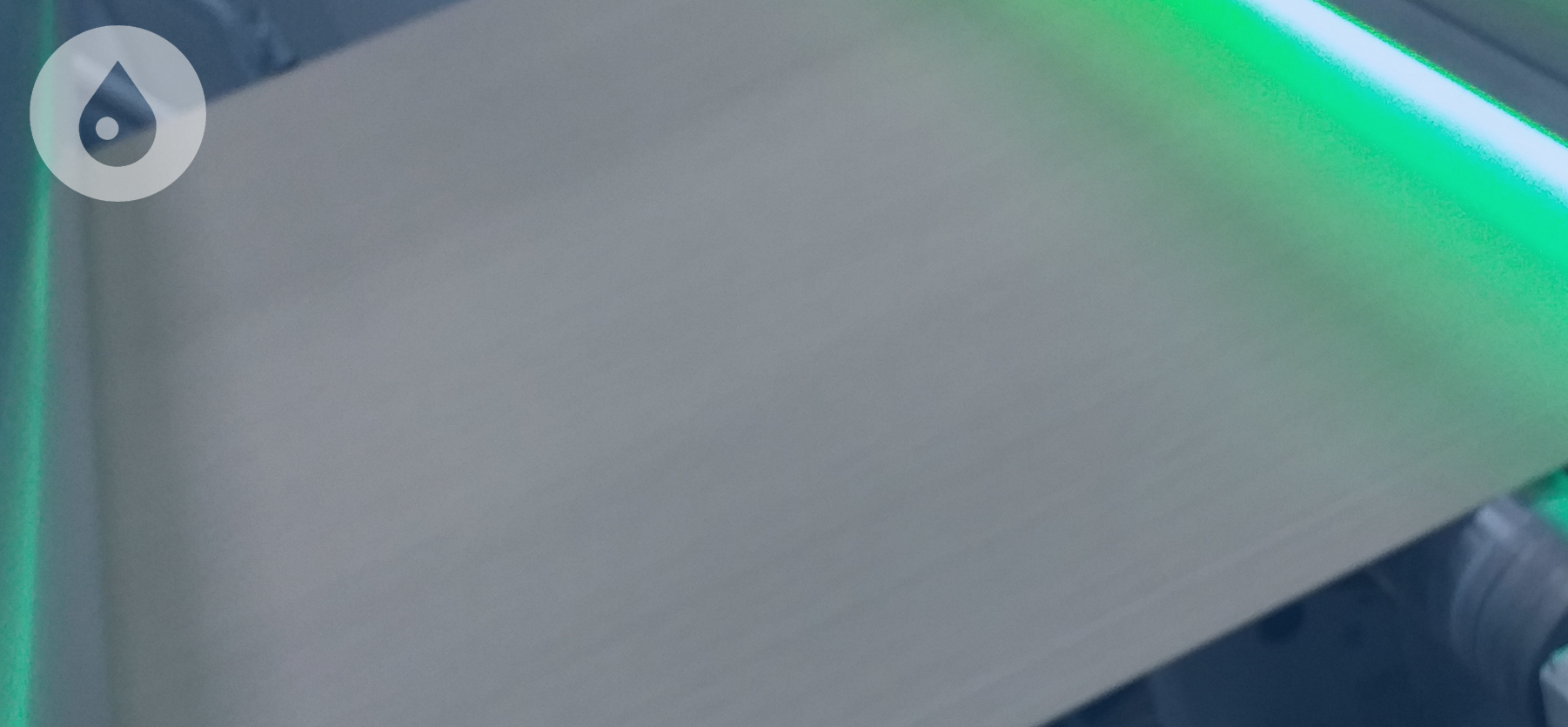
Finally, the sustainability policy also applies to human resources. The training policy in the field of safety and the environment is increasingly being implemented. Starting with the topics of fire prevention and daily waste treatment, where the company is investing resources for the training of operators who daily deal with the management of these issues and inserting specific consultancy figures for the management of hazardous waste.
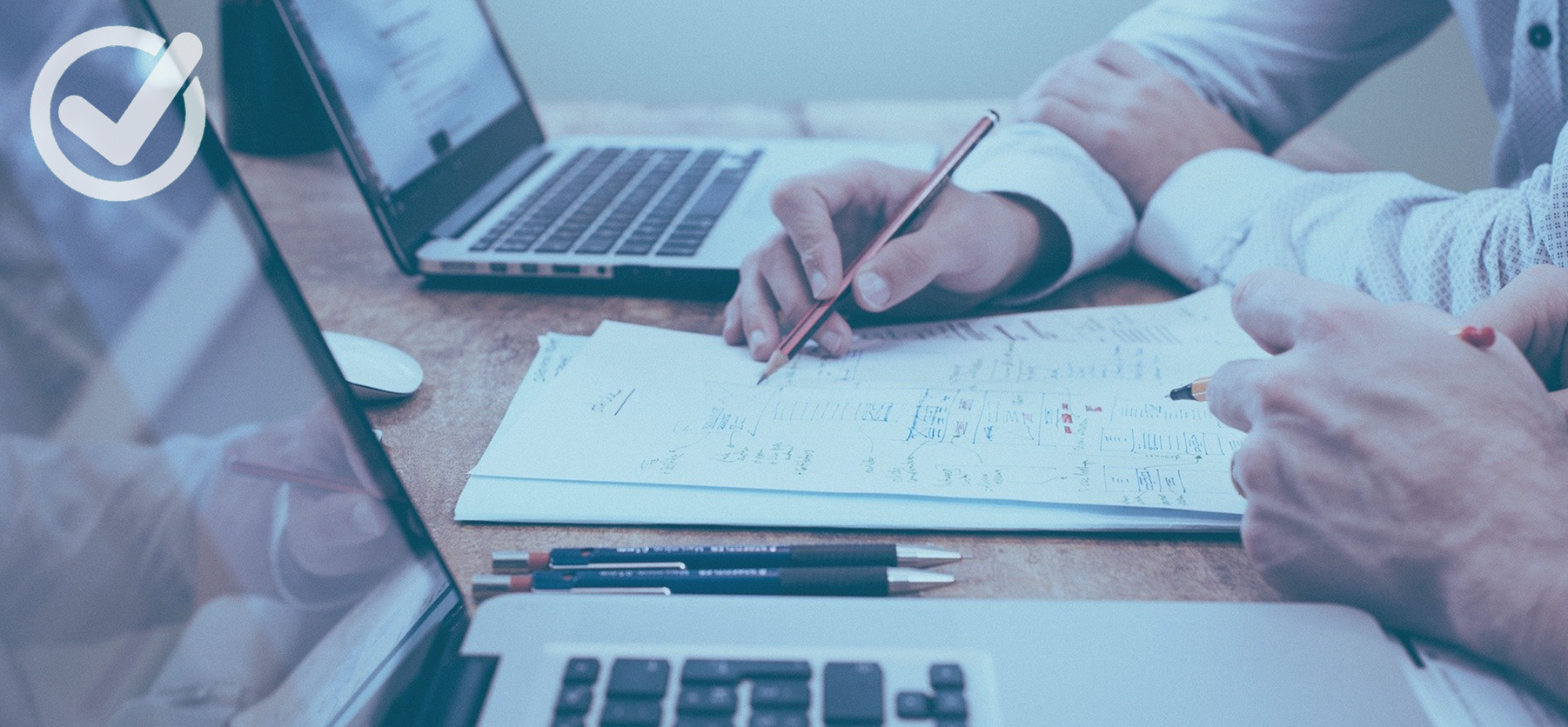
The company is certified: UNI EN ISO 9001: 2015 - UNI EN ISO 14001: 2015 - UNI EN ISO 45001: 2018 - TUV SUD certifying body.

> Go to the CERTIFICATIONS page - Download the Certificates and read the Policies
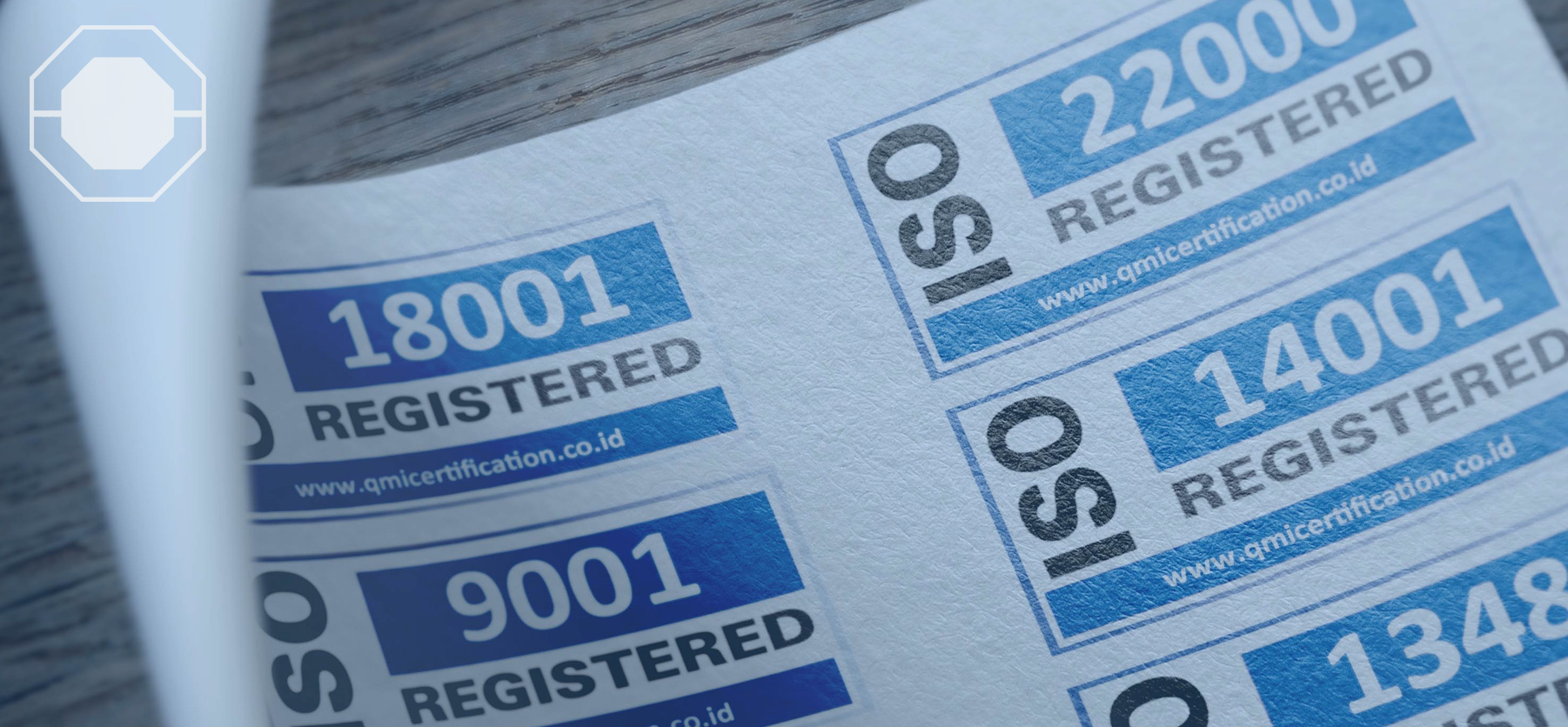
Polimor continues with the green turnaround. The growing interest of individuals and companies in alternative energy sources, in particular in solar energy, highlights a great attention both to the issue of energy and to that of environmental sustainability. The photovoltaic system represents a great advantage both in terms of energy savings and in terms of respect for the environment. The goal of the Integrated National Energy and Climate Plan is to arrive by 2030 to produce 51,000 megawatts per year. To move towards a sustainable future it is necessary to invest in solar energy as the safest and most compatible with the environment and in line with the Green economy.
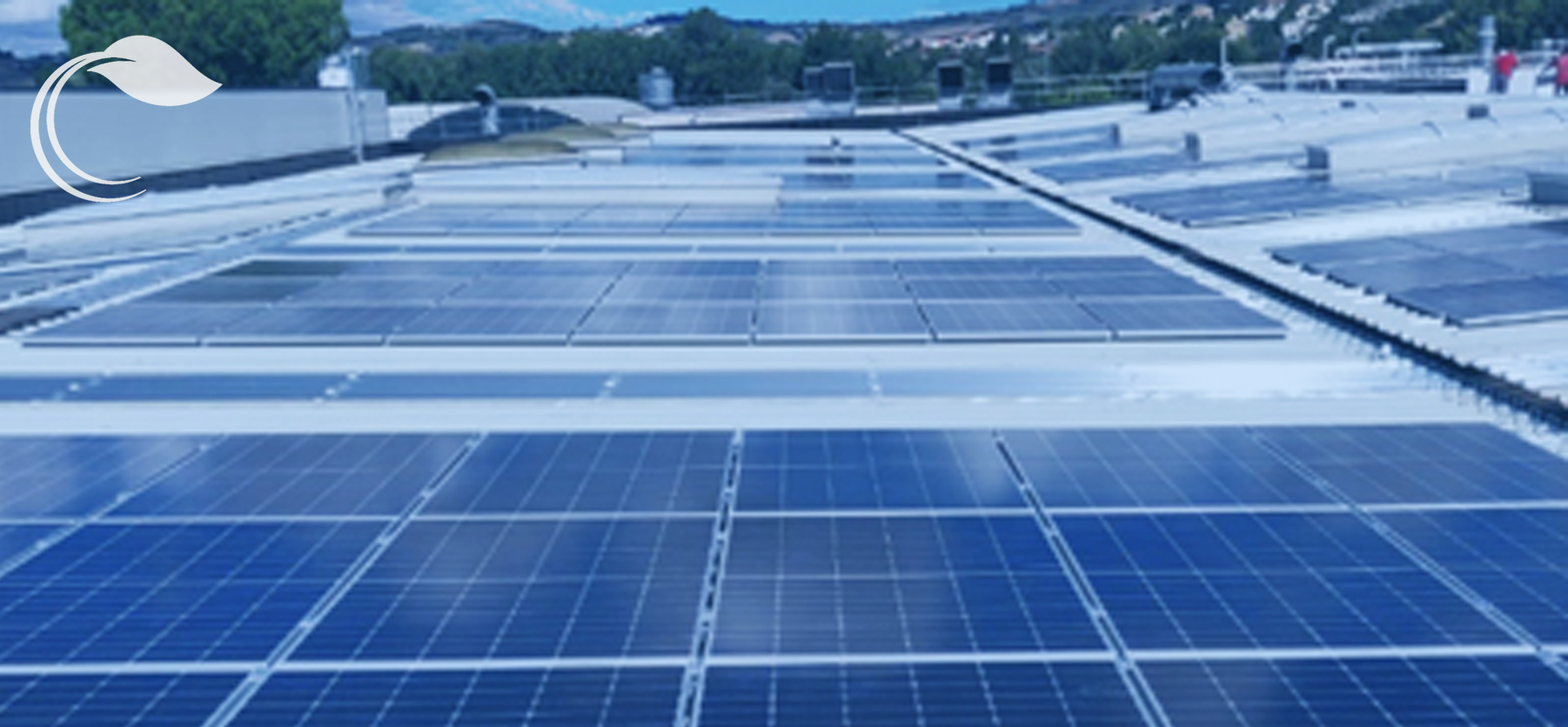
The term "whistleblowing", translated into Italian as "reporting", refers to the situation in which those who, due to their work activity, become aware of violations committed in the work context and share their content find themselves. in order to stop illicit behaviour.
Legislative Decree 24/2023 (Whistleblowing Decree) regulates the ways in which these reports must be made, with a view to protecting the subjects who report violations from any possible retaliation against them.

Technological research, development and innovation